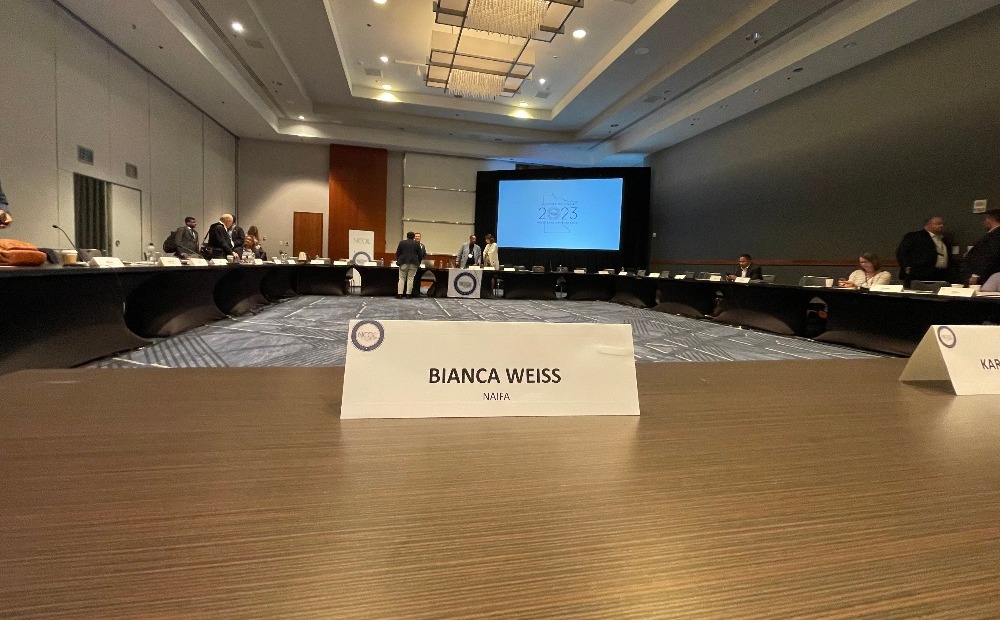On July 7, the Departments of Labor (DOL), Health and Human Services (HHS), and the Treasury (the “tri-agency” reg) released a proposed regulation that would significantly and adversely impact short-term limited duration (STLD) and fixed payment (e.g., indemnity) health insurance.
STLD Insurance: The proposed reg would reduce from up to one year (renewable for no more than three years) to three months (renewable for one month) the amount of time an STLD policy could be in force.
Indemnity (Fixed Payment) Policies: Under current law, indemnity (and other fixed payment) policies are considered “excepted benefits,” and thus not subject to the minimum essential benefit and other rules of the Affordable Care Act (ACA). The proposed reg modifies the rules under which indemnity contracts qualify as excepted benefits coverage.
Under the proposed reg, “To be considered an excepted benefit, hospital indemnity or other fixed indemnity insurance would have to pay benefits without regard to the actual or estimated amount of expenses incurred, services or items received, severity of illness or injury experienced, or other characteristics of a course of treatment; benefits could not be paid on any other basis, such as per-item or per-service. A proposed example would clarify that impermissible coordination occurs when fixed indemnity insurance is offered as a coverage option that is coordinated with an exclusion of benefits under the same employer’s group health plan.”
This proposed reg, if finalized, would gut indemnity coverage that allows for benefits to be payable after a triggering health event, but benefits could be used for any reason, not just to reimburse for health expenses. In other words, currently permissible indemnity health insurance benefits could no longer be used to meet living expenses, a benefit that many, if not most, indemnity contracts provide.
Tax Implications: The proposed reg, if finalized, would result in tax liability for benefits payable under non-qualifying fixed indemnity health insurance and similar fixed-payment policies when the coverage is provided by the employer to the employee on a pre-tax basis (and thus is tax-free to the employee). This would also subject the employer-paid cost of the coverage to payroll taxes (FICA and SECA). The proposed reg states that nonqualifying indemnity and similar policies are not excluded from a worker’s gross income if the benefits payable under the policy “are made without regard to the actual amount of incurred medical expenses.” In addition, the proposed reg would impose substantiation (of medical expenses incurred) requirements.
Comments on the proposed regulations are due by September 11.
Prospects: These proposed regs are very controversial. They have triggered considerable pushback from health insurers, employers, and beneficiaries of STLD and indemnity coverage. NAIFA opposes the regulations.
NAIFA Staff Contacts: Michael Hedge – Senior Director – Government Relations, at mhedge@naifa.org; or Jayne Fitzgerald – Director – Government Relations, at jfitzgerald@naifa.org.






.png?width=600&height=90&name=Support%20IFAPAC%20%20(600%20%C3%97%2090%20px).png)
